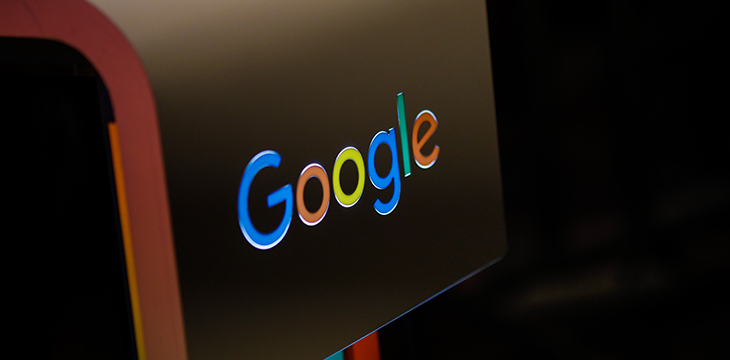|
Getting your Trinity Audio player ready...
|
Since Google banned digital currency ads from its platform, many companies have tried in vain to get listed again on its advertising platform. For one digital currency exchange, it has been a cruel twist, discovering that Google has refused to accept its ads but has been promoting its clone.
U.K. exchange CoinCorner has been trying to list its ads on GoogleAds for several months now, the firm’s marketing manager Molly Spiers revealed recently. Google has adamantly refused to accept its ads, despite submitting all the required proof that it’s a legitimate business. However, to their surprise, a clone website by the name ‘CoinCornerr’ has been advertising on Google since April 29.
Spiers took to Twitter to call Google out on this unforgivable act, tweeting, “So GoogleAds won’t allow CoinCorner – a long-standing, legitimate business – on their platform, but will allow phishing companies? Pay attention Google!”
https://twitter.com/coincornermolly/status/1255788027563122688
Searching for CoinCorner on Google displayed an ad right at the top for CoinCornerr, with a link to its website www.coincornerr.com. The site is a clone of the legit exchange, asking users to enter their details.
CoinCorner reported the site immediately it spotted it, but it took Google a few days before they finally took the ad down. The clone website has since then been taken down as well.
And while taking the ad down was the right thing to do for Google, Spiers says that the fact that a scam like that gets accepted is frustrating. She tweeted, “We’ve been unable to use GoogleAds for years, despite having more than enough evidence to prove we’re legit. So it’s frustrating when this happens and not just from a business perspective but from trying to protect consumers too!”
So, how did the scam website manage to bypass Google’s checks against digital currencies. Spiers believes that the scam refrained from the use of the word Bitcoin or ‘cryptocurrency’, and copied everything else as is on the CoinCorner website.
Despite the mishap, CoinCorner hopes it will get to use GoogleAds again in the near future. Spiers hopes that the continued growth of the digital currency industry will convince Google to change its stance against the industry.
Google banned digital currency-related ads in March 2018, stating at the time that the decision came after the number of scams in the industry proliferated. The ban followed Facebook’s similar ban. Together, the two control about 60% of the digital advertising industry, effectively shutting out digital currency companies from reaching billions of people.
Google reversed the ban in September that year, but in a limited way, accepting ads from regulated entities in the U.S. and Japan. As it stands, Google hasn’t revised this policy yet, and thousands of digital currency companies are still shut out from advertising.

 02-25-2026
02-25-2026 




